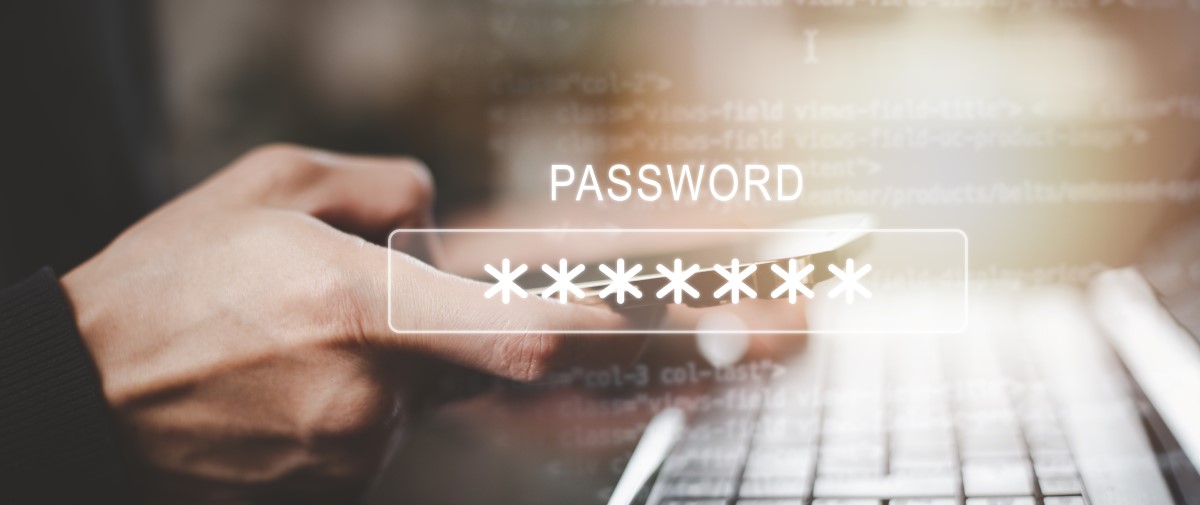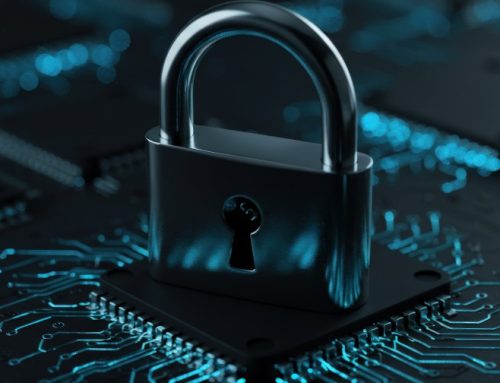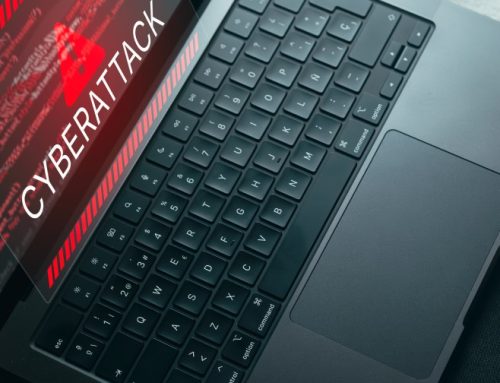One of the most common mistakes people make is using the same password across multiple platforms. This practice makes you vulnerable, as once a hacker cracks one password, they can access all your accounts. Instead, ensure each password is unique and includes a mix of:
- Upper and lowercase letters
- Numbers
- Special characters
A great way to create complex, yet memorable passwords is by forming phrases or sentences. For example: “Ilove2Cook@Home!” is strong, memorable, and complex.
- A code sent to your phone
- Biometric data (like a fingerprint scan)
- A hardware token
This makes it significantly harder for cybercriminals to gain unauthorized access to your accounts.
It’s essential to regularly change your passwords, especially for important accounts like email, banking, and social media. Over time, cybercriminals evolve their techniques, so even if your password was secure at one point, it may become vulnerable over time. By updating your passwords every 3-6 months and using the guidelines mentioned above, you lower the risk of cyber attacks.
By following these four tips—using complex and unique passwords, enabling multi-factor authentication, utilizing password managers, and regularly updating passwords—you significantly increase your online security. Always remember, strong passwords are a crucial part of keeping your personal information safe in the digital world.











